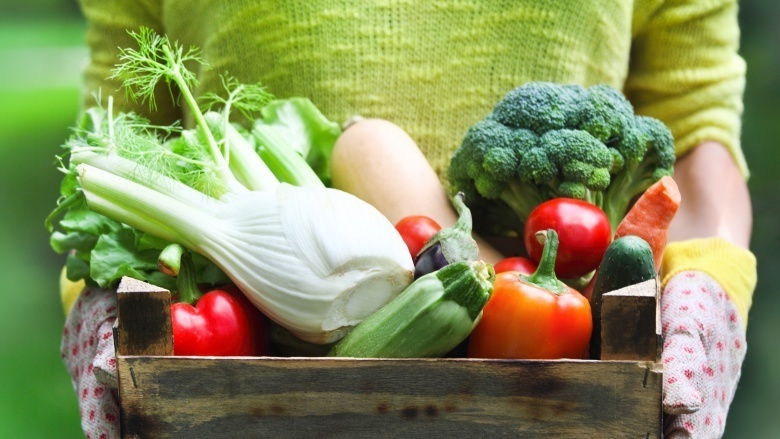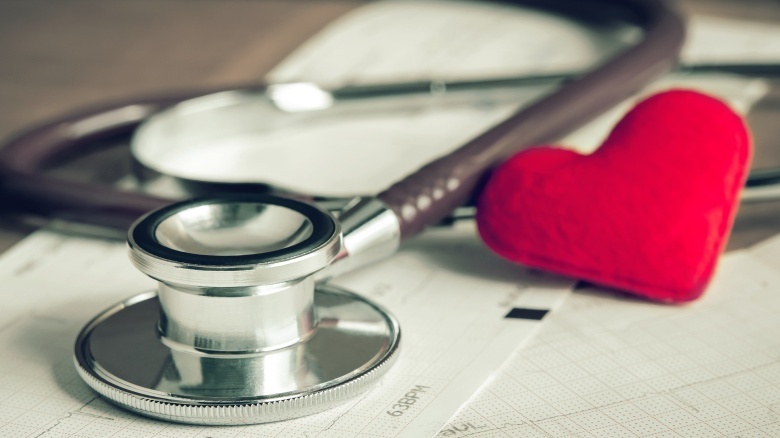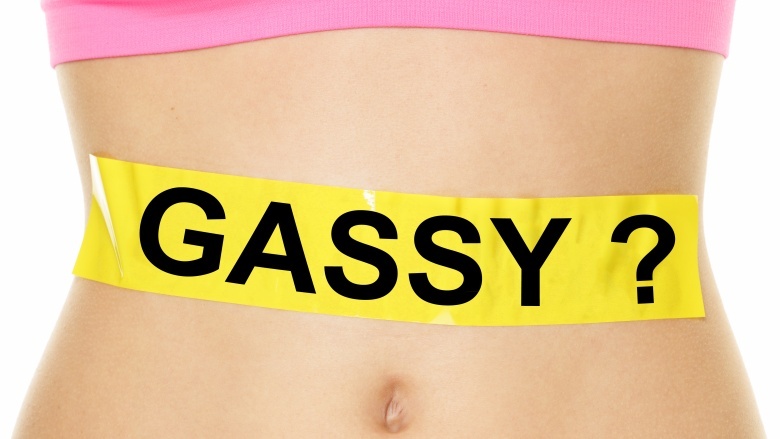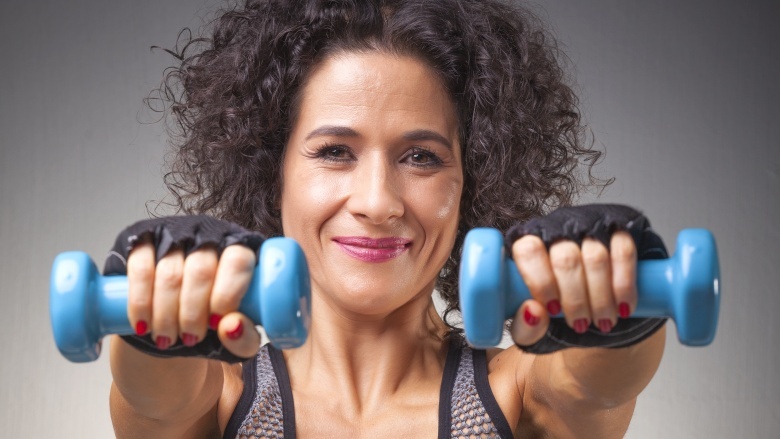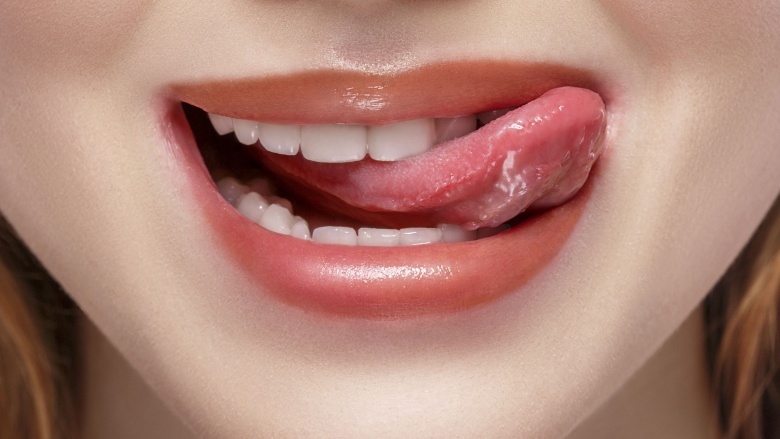What Really Happens To Your Body When You Go Vegan
Whether you're a vegetarian and thinking of taking things to the next level of animal-free eating, or a long-time carnivore getting ready to start a completely plant-based diet, going vegan is a major life change. It's more than just a decision about taking strict control of what goes into your stomach and making sure to not consume any animal-derived products. Before switching over to veganism, you should be aware of the major biological shifts that will likely happen when changing your diet in such a drastic manner. Don't be alarmed when these changes go down—they're all perfectly natural and normal.
You'll decrease your risk of heart disease
Numerous studies have linked vegan and vegetarian lifestyles with a significantly decreased risk of heart disease. Fatalities from ischemic heart disease—the kind characterized by coronary arteries narrowing or closing completely—has been shown to be 24 percent less prevalent in vegetarians and vegans versus those who regularly eat meat. Scientists say this is likely due to the inflammation caused to various digestive and circulatory parts as they processes meat and animal products. Skipping out on meat and animal products, such as cholesterol-heavy eggs, results in less inflammation. And with less inflammation comes fewer heart problems.
You'll probably lose weight
A 2015 study by Dr. Neal Barnard of the George Washington University School of Medicine published in the Journal of the Academy of Nutrition and Dietetics found that going vegan generally leads to weight loss—even if you aren't necessarily looking to do so. In the first few months of volunteers adopting an animal product-free diet, Dr. Barnard's team observed an average 10 pound loss. Skipping out on meat, eggs, and milk means you're significantly cutting down those calories and likely filling your gut with food that is probably healthier for you.
There will be some bloating
Abruptly quitting meat and animal products leaves all of those digestive enzymes in your gut with nothing to do. With all the plant matter-digesting enzymes suddenly extra busy, this could lead to a bacterial imbalance in the stomach, and that manifests with bloating. But don't worry about it—your body needs time to adjust, and it will, and things in the tummy eventually settle down. In the meantime, don't be surprised if your digestive system takes care of bloat the way it's always taken care of bloat: with the slow release of gas from one end of you, or the other.
Your muscles will need a bit of patience
You probably know that protein is necessary for building up and maintaining your muscles. Meat and eggs contain high amounts of protein compared to most other foods, so it's important as a vegan to get it from the likes of beans, nuts, tofu, and leafy greens. If you're not getting any protein, the muscles can weaken and shrink.
The human body is able to absorb and use animal protein much faster than it can utilize vegetable-based protein. Make sure you get enough protein throughout the day, especially after exercise. It's going to take you longer to recover, because it takes your muscles more time to process those vegetable proteins. Try a vegan protein shake, as the body generally processes liquids faster than solids.
Things might taste weird
Dietary zinc helps your tongue keep its potency, and it's a vital mineral for your sense of taste. However, it's found primarily in red meat and oysters, both of which are obviously off limits to vegans. Maintain your taste buds during this new dietary choice by taking a zinc supplement. Just make sure it's made from an animal-free source of zinc!
